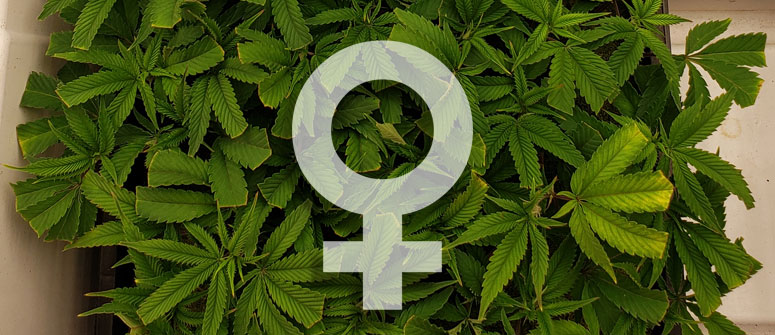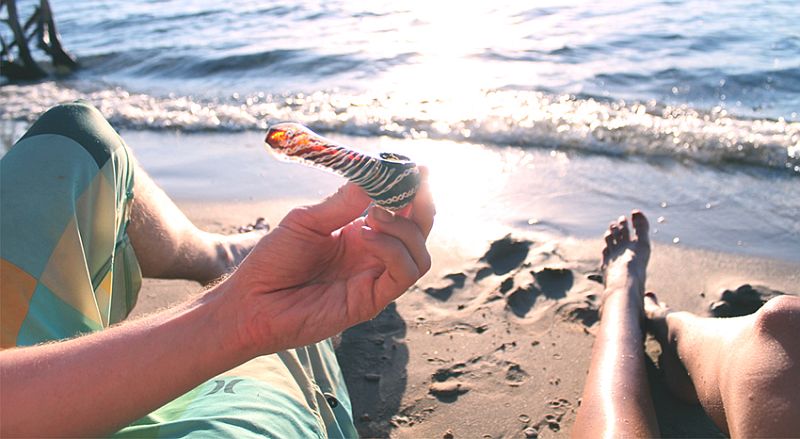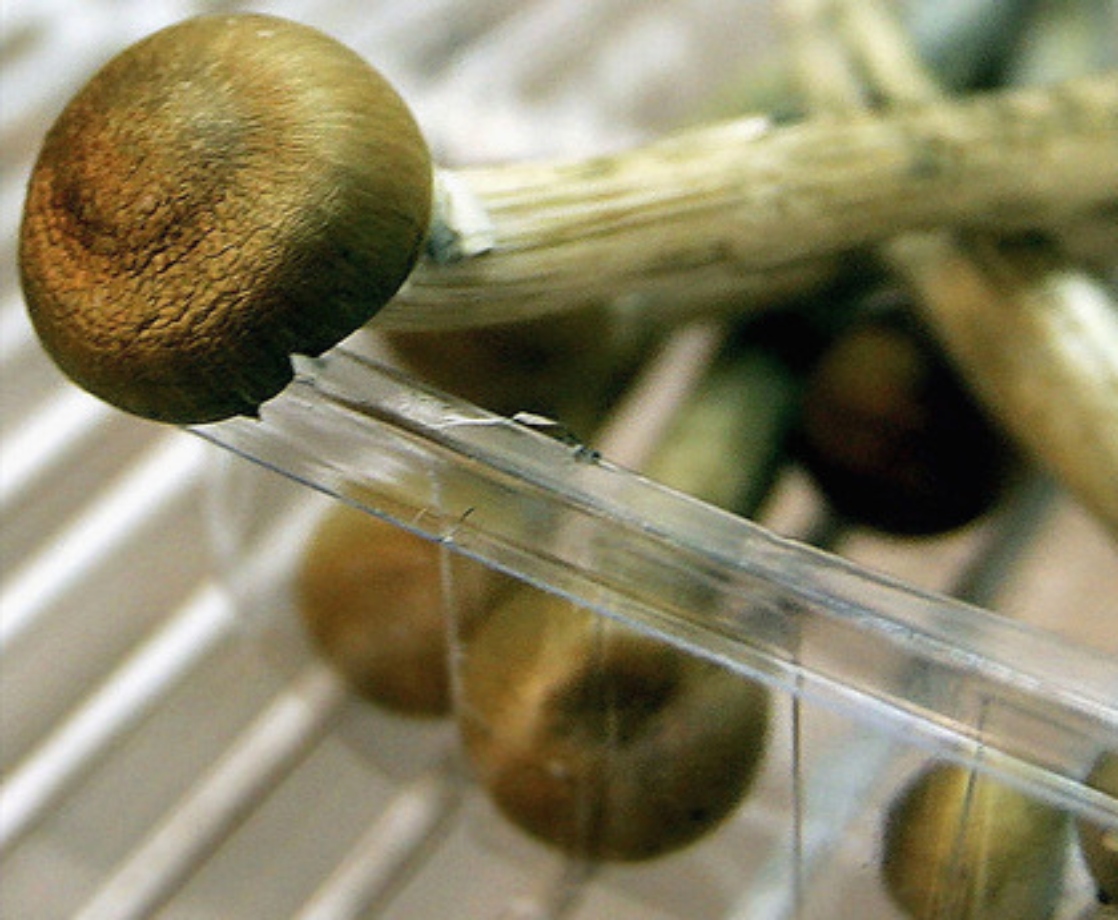Few things are as empowering as when you’re in a room full of individuals with a shared identity from your industry and you start sharing stories. It’s distinctly cathartic when you realize you’re not alone or crazy — you’re just trailblazing and dealing with inevitable blowback.
Now multiply that experience tenfold and apply it to 200 women from 30 different countries who all have one thing in common: They’re on a quest to legalize cannabis. This is the gist of the new activist-made film Cannábicas, which debuts this Saturday, February 27 on Youtube — and it’s free. While many of the interviews are not in English, YouTube has a nifty subtitles feature, allowing you to enjoy the documentary in your preferred language.
“I think that’s the power of this documentary,” says Polita Pepper, one of the project’s creators. “It is able to show that all of us women in the cannabis space are faced with this need for change.”
Cannábicas is the brainchild of a coalition of feminist cannabis collectives based in Latin America, Spain, Brazil, and Chile. In 2019, the groups put out a call for participants on social media for what they thought would be a short video celebrating International Women’s Day. The goal of this short film was to focus on the relationship between women and the plant and how their experience is influenced by gender.
But the response they received was overwhelming — and not just due to the sheer number of videos sent to them.
Women (and their children) have always stood at the forefront of the cannabis legalization movement, but their contributions are consistently minimized, if not forgotten. The creators of Cannábicas saw they had a chance to name that problem, and in doing so, begin to find solutions.
“We realized that with so much material, there was no way we could make a minute-long video,” says Belén Riveros, another Cannábicas creator. “That’s when we started working on the project from a much wider, global perspective.”
Three veteran activists — Chilean drug anthropologist Riveros, Spanish cannabis journalist Clara Sativa, and Mexican cultivation educator Pepper — took it upon themselves to make a movie from the powerful testimonials they received.
The result is a wide-ranging collection of women’s voices you won’t find anywhere else. Cannábicas features Fernanda de la Figuera, the grandmother of the Spanish cannabis movement; Holland’s Mila Jansen the “hash queen,” who invented the first machine for solventless hash extraction; and US cannabis educator the Dank Duchess. It includes women from Africa, South and Central America, the US, Canada, and Europe. The film highlights women with their kids, queer women, women with their plants, women with decades of involvement in cannabis — and, sadly, decades of facing sexism within the industry and movement.
“If I think about the situations that have hurt my ego the most,” says Pepper, “there are those times where I’ve gotten up in front of a group to do a workshop and people asked me, ‘Where’s the instructor?’” (Listen to our full interview on my weekly Spanish language cannabis radio show Crónica.)
Pepper was surprised that women had encountered belittling even from places and people who are considered leaders in cannabis culture.
“You think, sitting here in your Latin American reality — shit, in Canada it’s not like this,” says Pepper. “But there were women who sent in their videos saying, ‘I suffered from sexual harassment in the cannabis workplace, my boss sexually harassed me. I’m Canadian and I want people to know what it’s like here.’” (Truth be told, the world has known sexism is a major issue in Canadian cannabis since at least 2019, when harassment allegations went public against activist Marc Emery.)
And as many of the Cannábicas commentators make clear: This gender-based perspective is essential to understanding the importance of ending drug prohibition.
“The drug industry in Latin America uses women to escape law enforcement,” says Riveros, referring to the overwhelming numbers of women who are used as mules and other low-level positions in the unlicensed drug trade. “But they don’t care if that woman ends up in jail, [or] if her kids wind up with no protection. It’s overwhelming, frustrating.”
There’s a world of issues facing women and other invisibilized communities of cannabis. The work Cannábicas does in documenting them is only a first step. But it’s a good one.
“This is a representation of the reality of the diversity of women who exist, across the globe. That’s what we want to capture,” says Riveros.
You can watch the world premiere of Cannabicas for free on Youtube on Saturday, February 27th.
Follow Caitlin Donohue on Instagram and listen to her Spanish language cannabis radio show Crónica here.











